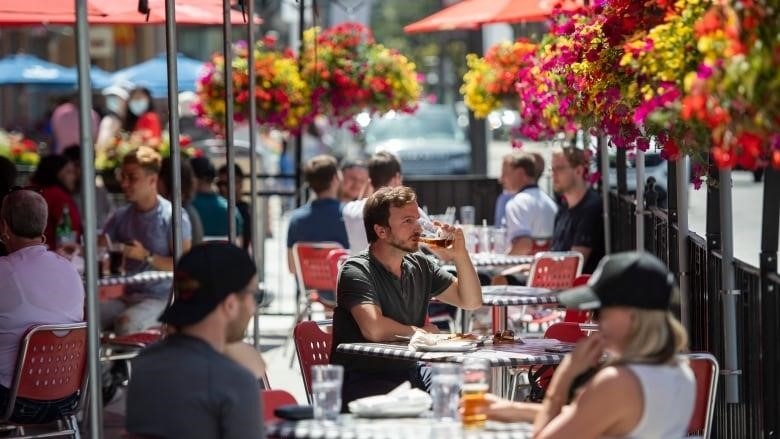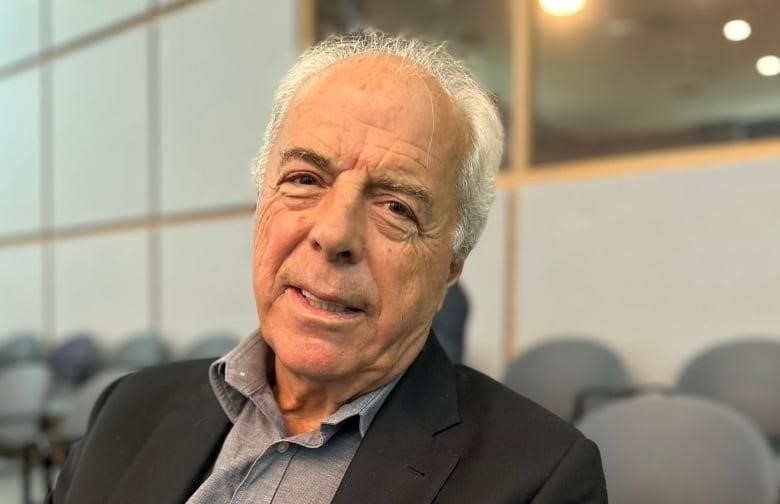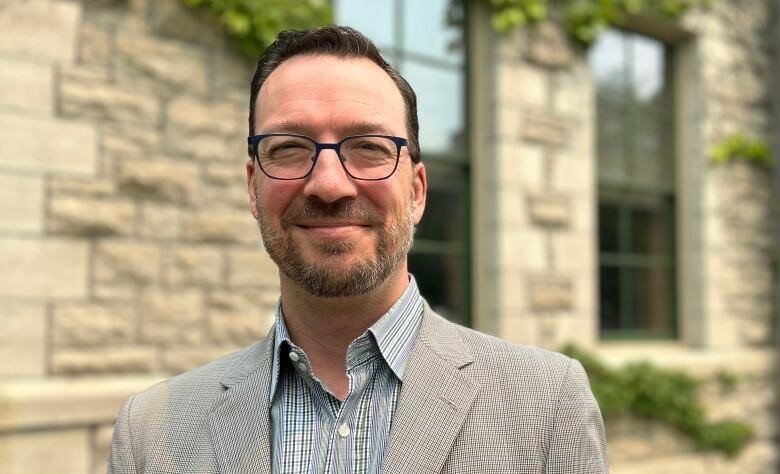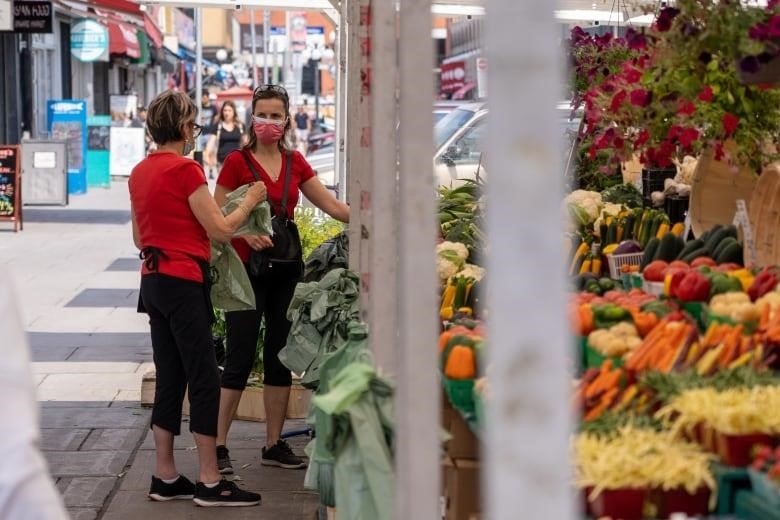
People have “less and less reason to go,” say business owners
Businesses and property owners in the ByWard Market want the City of Ottawa to change the way the area is managed quickly so that safety issues and a “monoculture” of businesses that keeps people away can be fixed.
On Tuesday, city staff told members of the finance and corporate services committee about the latest effort to improve the area, which is the creation of the ByWard Market District Authority.
Staff said that the new “unifying voice” will bring together the business improvement area and Ottawa Markets. It comes at a time when stakeholders are willing to “take bold steps” to solve problems and make sure there is a good mix of businesses that will attract people during the day and night.
“That’s what I think this model provides,” Mayor Mark Sutcliffe said. “If we can get everyone to work together, we can start to make the ByWard Market what it has always been in our community: a great place to visit, live, and own a business.”
-
ByWard Market could get a new leader and a new tax.
Outside of the Parliament Hill area, the ByWard Market is Ottawa’s most popular tourist attraction and a major economic driver. However, people who live and work in the area say that the neighborhood has been getting worse.
“Daytime activities are being ruined by shoplifting, aggressive panhandling, and homeless people sleeping on the sidewalk.” Nighttime security is also a problem,” said Brian Lahey, a partner with the Properties Group who spoke on behalf of other landowners.
“Gangs and gunfire have to stop.”

The top priority is safety and security
One by one, delegates from business and community groups said that safety was the most important thing to them.
Lahey told councilors that the city needs to include the private sector in its new plans. He said that closing Clarence Street to help restaurants affected by the pandemic was a “lovely idea” with “terrible” execution.
Stephen Beckta, who owns a number of restaurants in the city, said that “all of the above” is the only way to solve these problems.
He said, “I don’t think putting more police on the streets will make people feel safer.” “But I do know that people will feel safer with more police around, especially in a community policing model.”

During the municipal election campaign last fall, Sutcliffe called for more police to be in the area. He agreed with the idea of a holistic approach that includes helping people with addiction and mental health problems.
Court Curry, a manager in the city’s department of planning, real estate, and economic development, said that the “12 boots on the ground” are part of the community engagement team.
He said that the new governing body will help this team go “even further” to take care of residents.
Move from a ‘monoculture
Beckta said that there was another important problem to solve: the “monoculture.”
The owner of a restaurant told the city council that people need more reasons to go to the market than just the bars.
“I started working at the ByWard Market when I was 13, and it was amazing how many different kinds of people went there,” he said. “Over time, it has just made a small funnel where there are fewer and fewer reasons to go.”
-
Sutcliffe says there will be more events and festivals to bring people downtown.
Curry said that resetting the balance by making things more diverse is the key.
“By speaking with one voice and having an authority that can reach out to people all over the country, it’s able to get the best of Canada to do business in the market, from the best retailers to the best local farmers and makers.”

The Parkdale Market, which is in Coun. Jeff Leiper’s ward, will also be run by the new group. He drew on the fact that delegates wanted to see daily and seasonal food markets come back.
“Many young farmers don’t want to sell their goods at a public market seven days a week,” said Curry. He pointed out that smaller markets are opening up all over the city and that big companies are now selling fresh food and plants.
Businesses and property owners are excited about “experience.
Business and property owners are worried about how the new organization will be run. They say they don’t see how they can bring their “knowledge and experience to the table.”
Sarah Jennings, who presented with Lahey, said, “We don’t see an appropriate place in the proposed structure where that knowledge can be put in.”

Curry answered these worries by saying that one of the 12 people on the board will be in charge of a group of business and property owners who will give advice and look out for their interests.
Staff said that people who live in the area will also be talked to, especially about a “special area levy” that is being looked into as a way to help pay for improvements.
